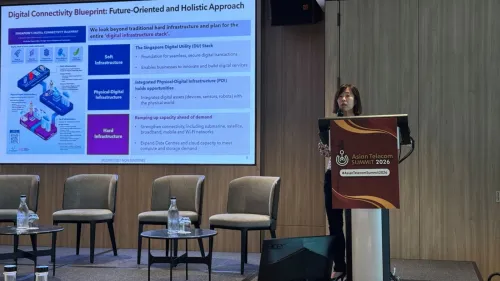ILO, Japan gov’t project supports palestinian farmers with new techniques
Initiatives improve the honey and dairy sectors.
Since its launch last year, the International Labour Organization (ILO) and the Japanese government’s project, “Promotion of an Enabling Environment for Sustainable Enterprises and Decent Jobs for Women and Youth in the Agricultural Sector,” has supported 269 Palestinian farmers in the honey and dairy sectors.
This initiative aims to empower low-income women and youth in Jericho and the Jordan Valley by introducing new skill sets, market intelligence, and innovative sustainable agricultural and business practices.
Frida Khan, Representative of the ILO Occupied Palestinian Territory (OPT), highlighted specific interventions made for the honey and dairy sectors. “The project's been working with small farmers and small producers in the honey and dairy sector, looking at different elements along the value chain to improve their businesses and products,” Khan explained.
One significant issue identified in the honey sector was the poor quality of queen bees. “We set up a community-based queen bee production centre equipped with the latest technology and skilled staff,” said Khan. This initiative has allowed beekeepers to breed high-quality queen bees for their hives.
In addition, the project addressed marketing strategies for honey producers. “We found that packaging honey in small glass jars, rather than big plastic bottles, allowed beekeepers to access new markets, such as hotels and restaurants,” Khan noted. This hygienic packaging approach has opened up new opportunities for local producers.
The ILO's Approach to Inclusive Market Systems (AIMS) has been instrumental in the project's success. “AIMS is an evidence-based, participatory approach to identify market opportunities and support women and men with the skills, information, or networks they need to access those opportunities,” said Khan.
“We did a comprehensive value chain analysis and prioritised several interventions to improve products, skills, and information in the dairy sector,” Khan explained. For instance, a network of para-veterinarians was developed within the community to provide quick and easy access to veterinary services. “This has helped prevent $360,000 worth of losses from disease and death of livestock,” she added.
The project also focused on training farmers on food safety standards and improving the branding of dairy products to enhance their quality and market presence. “It’s a set of integrated interventions designed and developed with the community,” Khan emphasised.
The project has made significant strides in promoting sustainable practices and environmental conservation. “In the areas where we worked with livestock farmers, corn waste was being discarded. We turned this corn waste into fodder, producing around 240 to 280 tons of feed,” Khan stated. This initiative has reduced feed costs for farmers by 35%, covering 1,000 sheep over the past few months.
Furthermore, the project upgraded farmers’ equipment by installing solar-powered milking machines and solar power units. “This has helped farmers address power shortages, reduce energy costs, and move towards more sustainable and environmentally responsible use of energy,” Khan noted.










